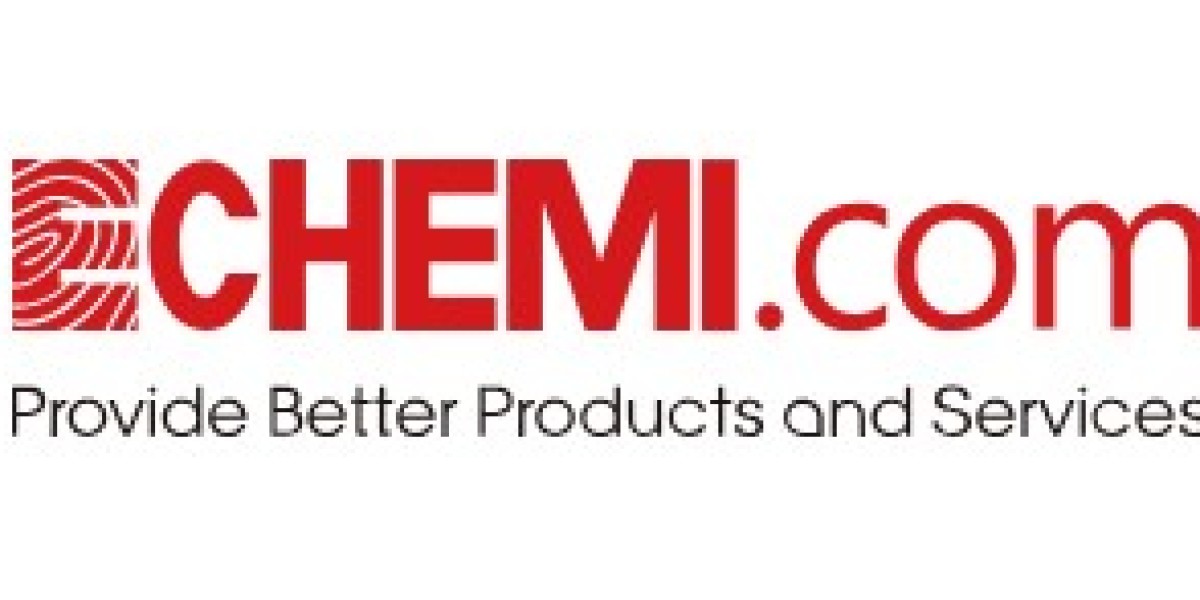Safety protocols in chemical supply are essential measures implemented to ensure the safe handling, storage, transportation, and usage of chemicals throughout the supply chain. These protocols are designed to protect human health, prevent environmental harm, and minimize the risks associated with the handling of hazardous substances.
One of the fundamental aspects of safety protocols in chemical supply is the proper labeling and packaging of chemicals. Clear and standardized labeling provides crucial information about the identity, hazards, and safe handling practices associated with each chemical, enabling workers to handle them safely and appropriately.
Storage practices are also a key component of safety protocols in chemical supply. Chemicals should be stored in designated areas that are well-ventilated, secure, and equipped with appropriate containment measures to prevent spills, leaks, and unauthorized access. Segregation of incompatible chemicals is essential to avoid potential reactions and hazards.
Furthermore, training and education play a vital role in ensuring the effective implementation of safety protocols in chemical supply. Workers involved in handling chemicals should receive comprehensive training on proper handling procedures, emergency response protocols, and the use of personal protective equipment to minimize risks and prevent accidents.
Regular inspections, maintenance, and monitoring of equipment and facilities are critical to maintaining a safe working environment in chemical supply operations. Equipment such as storage tanks, pipelines, and transportation vehicles should be regularly inspected for leaks, corrosion, and other potential hazards to prevent accidents and ensure compliance with safety regulations.
Emergency preparedness and response planning are integral components of safety protocols in chemical supply. Companies should develop and regularly practice emergency response procedures, including spill containment protocols, evacuation plans, and coordination with local authorities to mitigate the impact of accidents and ensure a swift response to emergencies.
Overall, safety protocols in chemical supply are essential for safeguarding the health and well-being of workers, protecting the environment, and maintaining the integrity of the supply chain. By adhering to rigorous safety standards, implementing best practices, and fostering a culture of safety awareness, companies can minimize risks, promote responsible handling of chemicals, and uphold regulatory compliance in the chemical supply industry.



